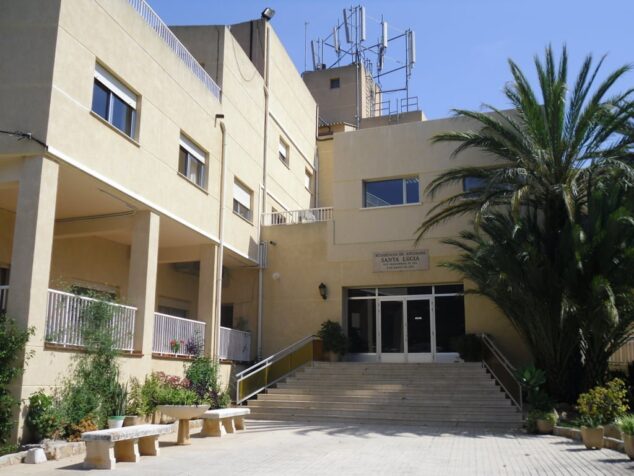The Síndic de Greuges, the highest body in defense of citizens' rights in front of the administration, recommended to the Dénia City Council, in a resolution last June, to negotiate with the nursing assistants of the Santa Llúcia Residence their passage to the group superior C1, which is the one that legally corresponds to them for their vocational training qualification. The Catalan Ombudsman considered that within a period of 3 months and from good negotiating faith an agreement should be reached between the two parties to rectify this grievance.
However, this month the City Council has sent a response to the Catalan Ombudsman refusing to accept his resolution. That is, by refusing to negotiate with the assistants their professional promotion mechanism. The City Council justifies that in the new RPT they already appear as C1. However, in the RPT approved last month with the vote against the SEP, they appear as C1 and also as C2, and the procedure for that change or promotion is pending. If this process is not carried out, the assistants could continue to be classified as C2 for years in an alleged way.
The City Council alleges the deadlines for this process as an excuse. However, the Catalan Ombudsman's resolution did not oblige the City Council to carry out the process directly or immediately as stated by the City Council in its response, but rather the Catalan Ombudsman literally said “when the budget regulations allow it…. Conditioned to the applicable principles of collective bargaining, that is, in addition to respect for legality, that of good negotiating faith. Therefore, the Catalan Ombudsman was not asking the Dénia City Council to skip the Law, or to do so in less than 3 months, but to negotiate in good faith for 3 months how to apply it.
The Union of Public Employees is the one that has denounced this situation, pointing out that the problem has been in the municipal refusal to stoop to negotiate their professional future with simple assistants. "They will do what they have to do, but for that they do not need to speak with those affected, and even less with an absolute majority," they insinuate from the SEP.
According to the union, this is not the only professional injury that this health group is suffering, which has been fighting the pandemic for 18 months, having achieved that there is no casualty due to COVID in the center to date. Recently, the management of the center has withdrawn from these professionals the computer permits to access the residents' health information such as drug allergies, diets or previous pathologies. "This professional marginalization, which adds to their professional underclassification, is especially serious and dangerous, since it concerns the health professionals who administer oral medication or the type of diets they eat. With the current computer permits, the TCAEs are equated to non-health personnel, when in reality they are the pillar of the health care that our elders receive ".
"For its part, the government team seems to have double standards when using the resolutions of the Síndic de Greuges. Last week it boasted that the Síndic had endorsed the pedestrianization of the Campos street, when rejecting a neighborhood complaint. However, when the ombudsman's resolutions are not in line with them, they refuse to abide by them. For them, the resolution on pedestrianization shows that the council complies with the Law, and is given as an example, but in the resolution on caregivers, on the other hand, they consider that it is the Síndic who does not comply with the Law and reject it " , indicate from SEP.







